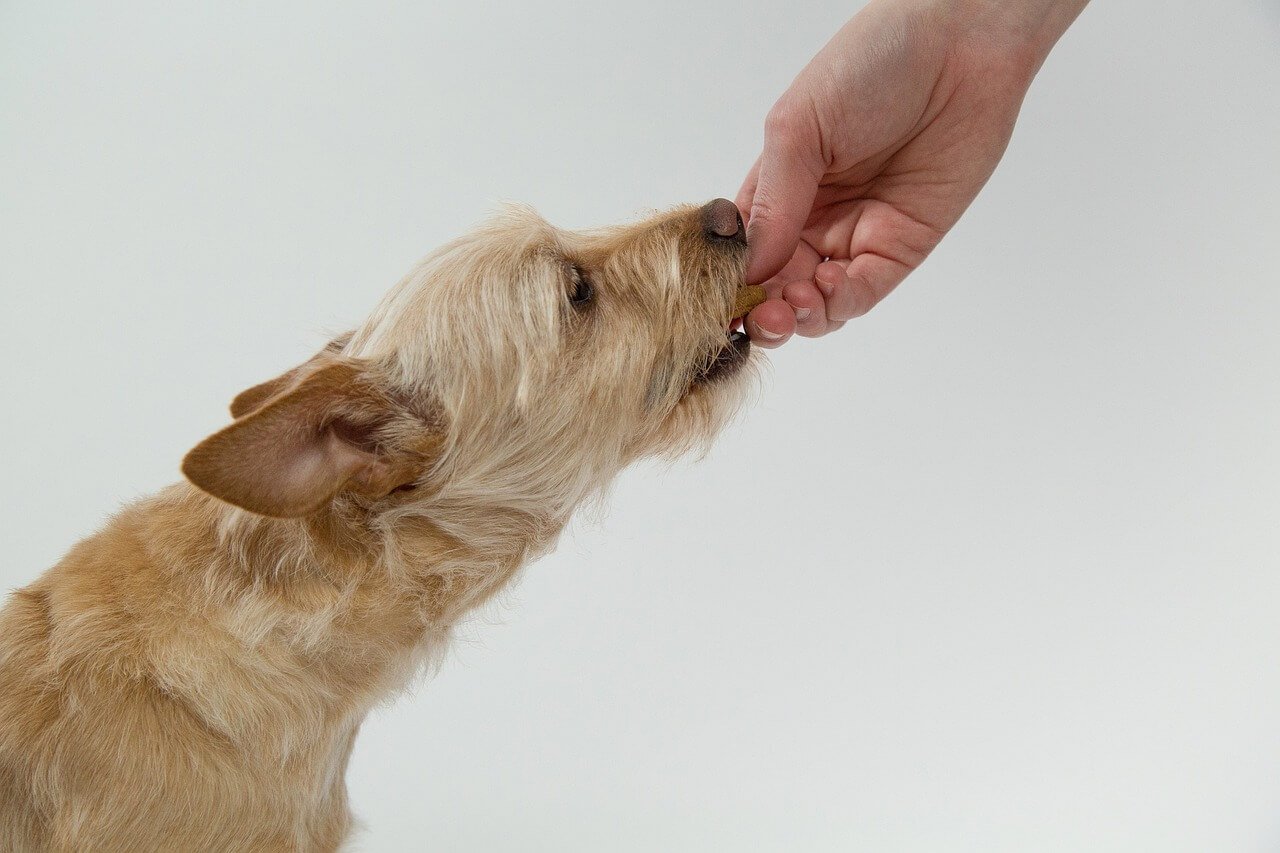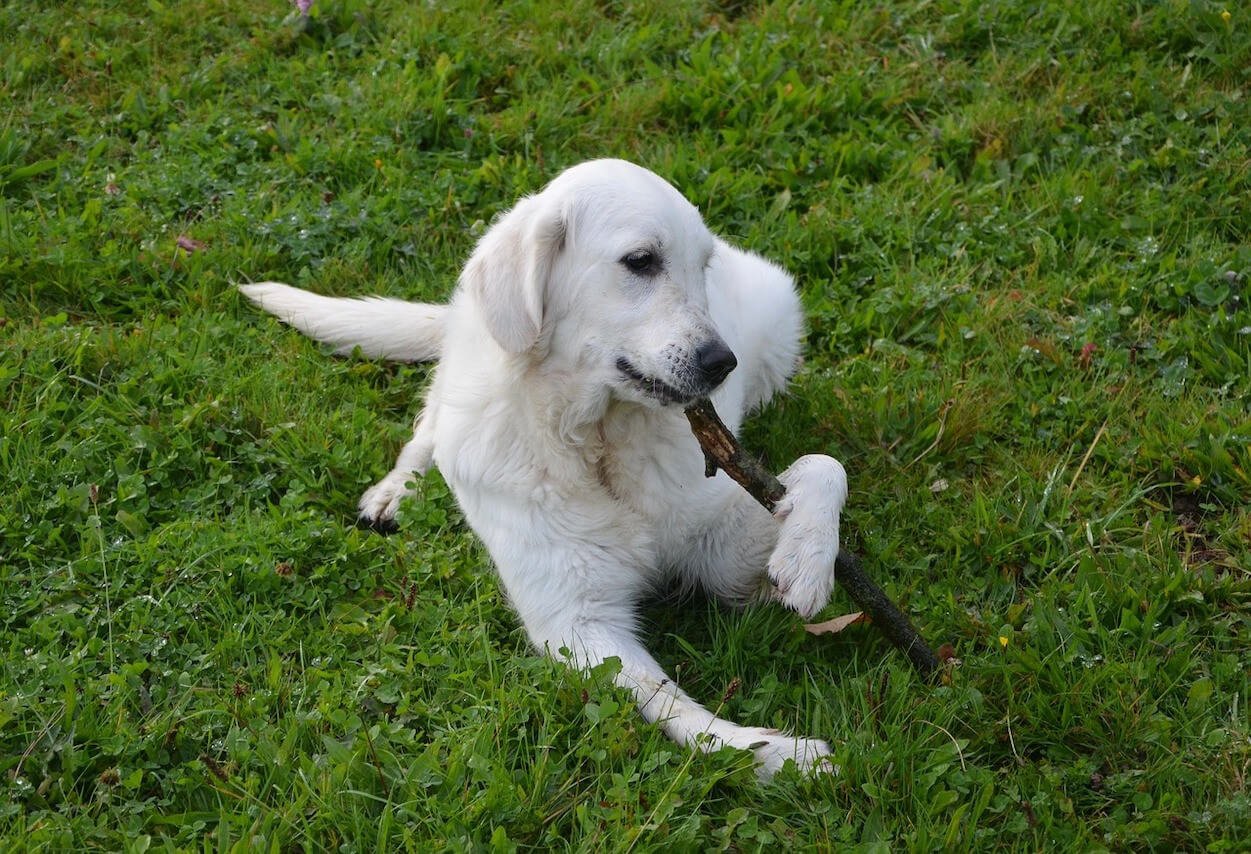As pet parents, we all love sharing tasty treats with our dogs, especially during the great joys of summer when fresh, juicy peaches are in season. But, can dogs eat peaches safely? In this guide, we’ll answer whether dogs can eat peaches, the potential risks involved, and how to share peaches with your dog without upsetting their digestive system.
Nutritional Benefits of Peaches for Dogs
Peaches are not just one of the great joys of summer for humans—they can also be enjoyed by dogs like Labrador Retrievers, Golden Retrievers, French Bulldogs, Poodles, and Beagles in moderation. Fresh, juicy peaches are rich in vitamins, particularly vitamin A and fiber, which can be a healthy addition to your dog's diet. However, it’s important to remember that peaches should only be given as an occasional treat, and never as a primary part of your dog's diet, regardless of breed.
While the flesh of a peach is generally safe for most dogs, including Labrador Retrievers and Golden Retrievers, to eat, there are some choking hazards and other risks to consider. This is especially true for French Bulldogs and Poodles, who may struggle with larger pieces of fruit. Be cautious of the peach pit or stone, which contains a sugar cyanide compound called amygdalin. If a Beagle or any other breed accidentally eats a peach pit, it could lead to choking or more severe health issues.
Risks and Precautions for Feeding Peaches to Your Dog
While juicy peaches are one of the great joys of summer, sharing this delicious treat with your dog comes with important precautions. Yes, dogs can eat peaches—but only the right part of the fruit and in moderation.
Beware of Peach Pits: Toxic and Dangerous
The biggest danger? The peach pit, also known as the stone. These pits contain a sugar cyanide compound called amygdalin, which is highly toxic if your dog accidentally eats or chews it. Even one or two peach pits can cause cyanide poisoning or create a choking hazard or intestinal blockage.
Pro Tip: Never let your dog eat peaches that still have the pit, and dispose of any pits immediately after removing them.
Too Much Peach Can Upset Your Dog’s Stomach
Even the flesh of a peach, while full of vitamin A and fiber, can cause stomach upset, especially if fed in large amounts. Dogs process fruit differently than human digestion, so too many peaches—even if fresh—can upset your dog’s digestive system.
Moderation matters: Peaches should be an occasional treat, not a staple in your dog’s diet.
Avoid Canned, Preserved, or Artificially Sweetened Peaches
Can dogs eat canned peaches or frozen peaches? The answer is a qualified no. Most canned or preserved peaches contain preservatives or artificial sweeteners—some of which, like xylitol, can seriously upset your dog’s health. Even if labeled as “diet peaches”, these often include sweeteners that can seriously upset your dog’s digestion.
If you want to share frozen fruit or peach yogurt with your pup, be sure it’s free from added sugar, artificial sweeteners, or syrups.
Safer option: Choose fresh peaches or frozen peaches without additives—and always wash peaches before your dog eats them to remove any pesticides, especially if bought from a farmer’s market or orchard, since most commercial fruit is treated with chemicals.
Pet-Safe Ways to Share Peaches With Your Dog
If you’d love to share peaches with your dog, stick to fresh juicy peaches, and remove the peach skin and pit. Whether it’s yellow peaches or white peaches, offer only a small portion of the peach flesh as a safe treat.
Want something safer and hassle-free? Try peach-flavored dog treats designed specifically for pups—no pits, no worry.
Introducing Peaches to Your Dog’s Diet
If you decide to let your dog enjoy peaches, it's essential to do it safely, keeping your dog's life happy and healthy:
Start with Small Pieces: Begin by offering your dog a small piece of fresh peach flesh to see how they react. Whether you have a Yorkshire Terrier or a larger breed, monitor them for any signs of discomfort or stomach upset. Pay close attention to your dog's body language, as subtle cues can indicate if they are enjoying the treat or experiencing distress.
Wash Peaches Thoroughly: Since commercial fruit is treated with pesticides, it's crucial to wash peaches thoroughly before offering them to your dog. This step will help avoid any potential toxic residues and ensure the peaches are safe for your dog’s consumption.
Watch for Allergic Reactions: Although rare, some dogs may be allergic to peaches. If your dog shows signs like itching, vomiting, or diarrhea after eating peaches, they may have an allergy. Again, monitoring your dog's body language closely can help you spot early signs of a reaction. If symptoms persist, consult your vet.
Monitor Your Dog’s Digestion: Dogs' digestion works differently than human digestion, so always observe your dog after introducing new foods. Whether it's a Yorkshire Terrier or another breed, keep an eye on their reactions. If your dog shows any signs of digestive distress, stop feeding them peaches and consult your veterinarian.
Dog Bowl - Roman Columns

€11,95
Every meal is full of rituals with this noble and elegant dog bowl, it feels like having a Greek feast. The large capacity also provides your pup a full stomach enjoyment. Detachable design Sturdy and durable Stable, anti-slip & anti-overturn,… read more
Can Dogs Eat Canned Peaches or Frozen Peaches?
When it comes to canned peaches or preserved peaches, caution is needed. Most commercially available canned fruit is treated with preservatives or artificial sweeteners, such as xylitol, which can be harmful to dogs. Additionally, canned peaches often have high sugar content, which can upset your dog's digestive system or even lead to obesity if consumed in large quantities. Always opt for fresh juicy peaches over canned or preserved peaches.
If you're offering frozen peaches to your dog, be sure to remove the pit, as well. Frozen fruit can be a fun treat on a hot day, but just like fresh peaches, it should be given in moderation to avoid stomach upset. Dogs with sensitive stomachs may be more likely to experience discomfort from the sugar content or the coldness of frozen treats.
Signs of Allergic Reactions or Adverse Effects
As we turn the page to a crucial topic, it’s time to discuss what to do if your pup doesn't take well to peaches. Even the most robust dogs, like the sturdy Boxer or the fluffy Siberian Husky, can sometimes have a surprising reaction to new foods. Here's how to stay on top of things:
- Know the Signs: Look out for any unusual symptoms after your dog eats a peach. These symptoms may include issues, like diarrhea or vomiting or indications of a reaction, such as excessive itchiness or trouble breathing. If you refer to our manual on understanding dog behavior you can gain insights, into subtle cues that indicate your dog might be experiencing discomfort.
- Breed-Specific Reactions: Different breeds may react differently. A petite Yorkshire Terrier might show signs of distress more quickly than a larger Alaskan Malamute. Always consider your dog's size and breed when monitoring for reactions.
- Immediate Action: If you notice any adverse reactions, the first step is to stop feeding your dog peaches. Ensure they have access to plenty of water and monitor them closely.
- Vet Time: If symptoms persist or worsen, it’s time to call the vet. They have the expertise to offer guidance and care if needed. Always prioritize safety, than regret especially when it concerns our pets.
- Alternative Snacks: In case peaches aren’t a hit with your pooch, there are plenty of other safe and healthy alternatives. Dogs can eat cucumbers, for instance, which are a great low-calorie snack and perfect for breeds prone to weight gain, like Beagles and French Bulldogs.
Conclusion: Can You Share Peaches with Your Dog?
The answer is a qualified yes—dogs can eat peaches safely, as long as the peach pit is removed and they are given in moderation. Be cautious of any canned or preserved peaches, which often contain harmful preservatives or artificial sweeteners. Peaches should be part of your dog’s occasional treat rotation, not a regular part of their diet.
Before introducing peaches or any new fruit, it’s always a good idea to consult with your vet, especially if your dog has a sensitive stomach. As long as you follow these simple precautions, sharing peaches with your dog can be a safe and healthy treat that both you and your furry friend can enjoy!







